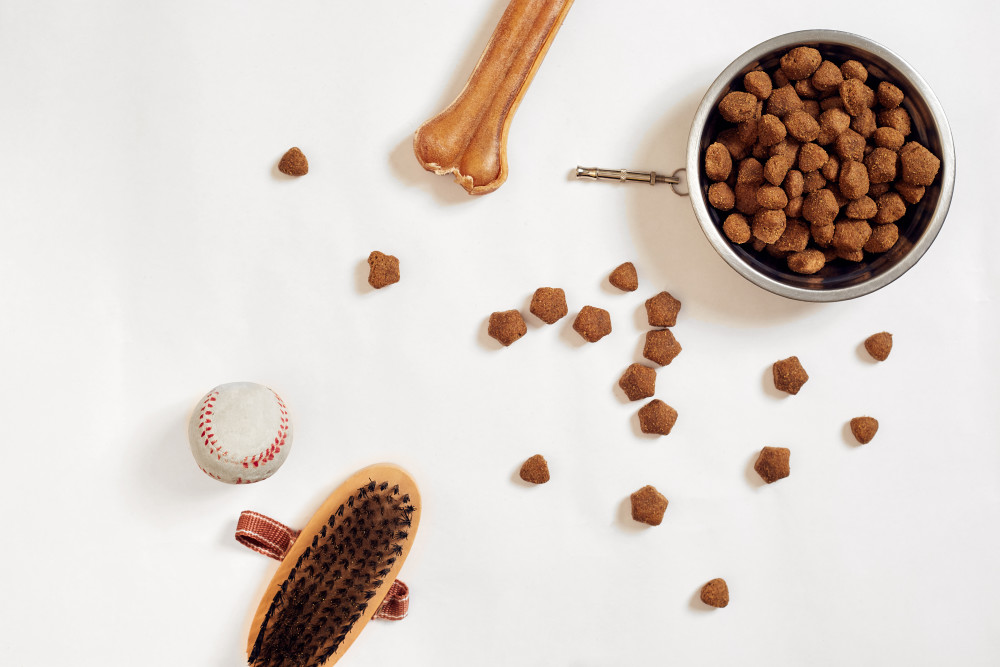Great Dane

Great Dane Overview
Nicknamed “the Apollo of dogs” due to their huge size, Great Danes are truly gentle giants. Yes, they are big and heavy, second only to Irish Wolfhounds when it comes to height. However, Great Danes also have a patient, loyal temperament that makes them ideal for many households. Great Danes are naturally affectionate and friendly dogs.
This is a breed that can certainly coexist well with other animals as well as children, but it’s important that Great Danes are taught gentle behaviour around smaller household members. That being said, this is not an aggressive breed. Great Danes love people and tend to get along with kids, but they are simply so big that obedience training is essential. Eager to please, Great Danes will respond well to training.
Although the name leads many to assume Great Danes come from Denmark, this elegant breed actually originated in Germany, where they were developed to hunt boar, and later often trained as estate guardians. It’s easy to assume that their size means Great Danes require a massive backyard, but in fact, they can easily adapt to city living, but based on their size, it’s obvious that Great Danes won’t be a great fit for a tiny apartment. They definitely need some breathing room. Great Danes are intelligent dogs which can be highly trained. Their calm and reliable personalities mean that Great Danes can perform well at sporting events.
Did you know?
Great Danes have been around for a while—they are thought to have existed as a distinct breed for at least 400 years.
Great Dane Stats
Kid-Friendly
Good with other animals
Easy to train
Working dog
Caring for your breed
Daily kibble serving
6-10 cups
Daily exercise
1-2 hours
Grooming frequency
Brushed Weekly

Feeding your Great Dane
Feeding your Great Dane right is essential to ensure they stay healthy and happy. Selecting the appropriate food is even more important for Great Danes than for other breeds, especially when they are still growing. Feed your Great Dane a high-quality dog food formulated for large breeds and appropriate to their age. Puppies should be fed three times daily until they are around five months old. Afterwards, at least two meals a day are best for Great Danes. Giving your Great Dane the right food several times a day can help prevent bloat, a stomach condition which often affect this breed.